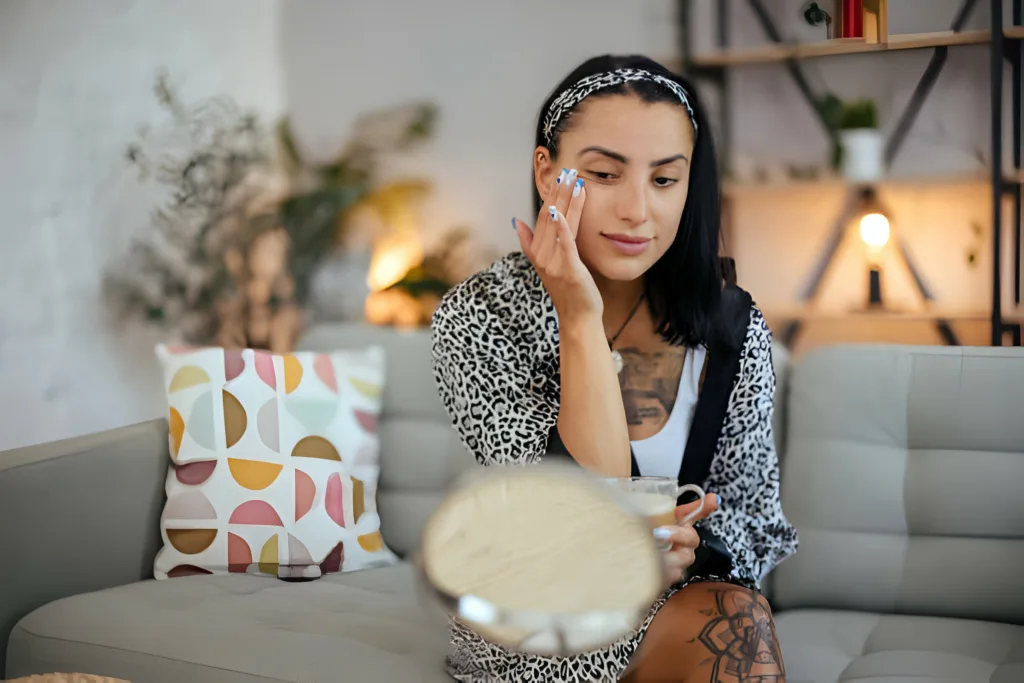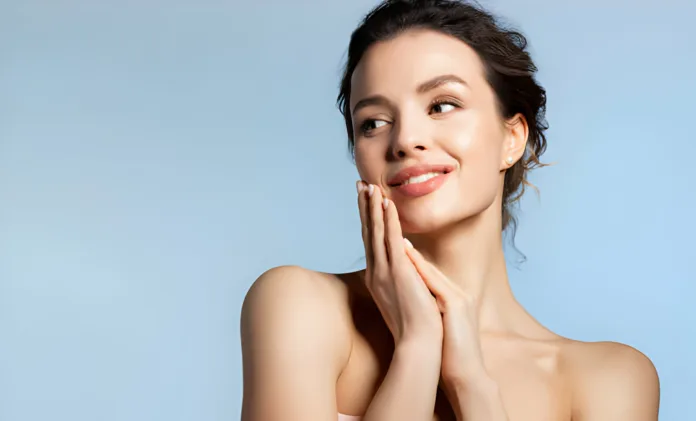Acne, a common skin condition marked by pimples, blackheads, and whiteheads, can be a source of frustration and insecurity for many. But fear not! By understanding the root causes and exploring effective treatment options, you can navigate this journey with confidence and achieve clearer, healthier skin.
Unmasking the Culprits:
Several factors contribute to acne development:
Hormonal fluctuations: Androgen hormones, particularly active during puberty and menstruation, stimulate oil production, creating a breeding ground for acne-causing bacteria.
Excess oil production: Oily skin is more prone to clogged pores, a key step in acne formation. Genetics and hormonal factors play a role in oil production.
Bacterial overgrowth: Propionibacterium acnes (P. acnes) bacteria thrive in clogged pores, leading to inflammation and pustules.
Dead skin cell buildup: When dead skin cells don’t shed properly, they clog pores and contribute to blackheads and whiteheads.
External factors: Stress, diet, certain medications, and even cosmetics can exacerbate acne in some individuals.
Treatment Tailored to You:
The ideal approach to acne management depends on its severity and underlying causes. Here’s a breakdown of common treatment options:
Over-the-counter (OTC) treatments:
Benzoyl peroxide: Kills bacteria and reduces inflammation. Can be drying, so start with lower concentrations and moisturize well.
Salicylic acid: Exfoliates dead skin cells and unclogs pores. Available in washes, pads, and gels.
Adapalene (Differin): A retinoid that promotes skin cell turnover and unclogs pores. May cause initial irritation.
Prescription medications:
Topical retinoids: Tretinoin (Retin-A), adapalene (Differin gel), and isotretinoin (Accutane) are more potent than OTC retinoids and require a doctor’s prescription. They effectively treat moderate to severe acne but can cause dryness, irritation, and sun sensitivity.
Oral antibiotics: Reduce P. acnes bacteria but should be used judiciously to prevent antibiotic resistance.
Hormonal therapy: Birth control pills can be helpful for women with acne triggered by hormonal imbalances.
Additional strategies:
Gentle cleansing: Wash your face twice daily with a mild cleanser and lukewarm water. Avoid harsh scrubbing.
Non-comedogenic products: Choose oil-free, non-comedogenic cosmetics and moisturizers that won’t clog pores.
Dietary modifications: Limit sugary and processed foods and prioritize fruits, vegetables, and whole grains.
Stress management: Techniques like yoga or meditation can help regulate hormones and reduce inflammation.

Important Points to Remember:
Patience is key: Most treatments take several weeks to show visible results.
Consult a dermatologist: If OTC options don’t work or your acne is severe, seek professional guidance.
Maintain a healthy lifestyle: Diet, sleep, and stress management play a crucial role in managing acne.
Don’t pick or pop pimples: This can worsen inflammation and scarring.
Sun protection is essential: Some acne medications make your skin more sun-sensitive. Always use sunscreen with SPF 30 or higher.
By understanding the underlying causes of your acne and exploring the available treatment options, you can embark on a journey towards clearer, healthier skin.
Remember, consistency and the right approach are key to unlocking your skin’s full potential. Let this guide be your roadmap to navigating the world of acne management and achieving your confidence-boosting glow!




